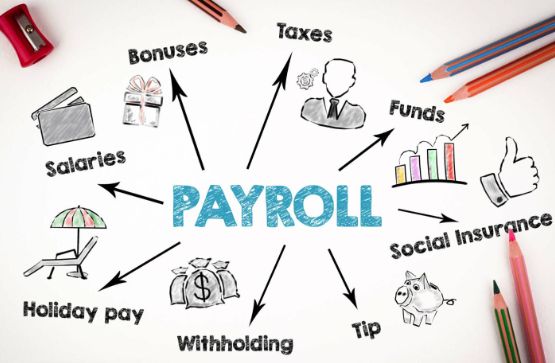Managing payroll services while ensuring statutory compliance can be a complex task for businesses. From handling employee salaries to adhering to labor laws and tax regulations, payroll management requires precision, efficiency, and adherence to legal frameworks.
Payroll compliance ensures that businesses meet all regulatory requirements, preventing legal complications and penalties. Key aspects include tax deductions, provident fund (PF) contributions, employee state insurance (ESI), gratuity calculations, and timely salary processing. Non-compliance can lead to hefty fines and damage a company’s reputation.

seamless payroll system incorporates automation, reducing manual errors and enhancing accuracy. Modern payroll solutions integrate compliance checks, ensuring organizations remain aligned with statutory obligations without additional administrative burdens. Employers must also keep track of regulatory changes, ensuring timely updates in payroll practices
Outsourcing payroll services is a strategic move for businesses aiming to streamline processes while ensuring compliance. Professional payroll providers handle calculations, documentation, and compliance adherence, allowing companies to focus on core operations. Additionally, cloud-based payroll solutions offer flexibility, real-time reporting, and ease of access, simplifying management for HR professionals.
As statutory regulations continue evolving, businesses must stay informed and adapt accordingly. A proactive approach to payroll compliance not only avoids financial risks but also enhances employee satisfaction, reinforcing trust in the organization’s governance. By leveraging technology and expert insights, businesses can achieve error-free payroll operations, ensuring a smooth experience for both employers and employees.



